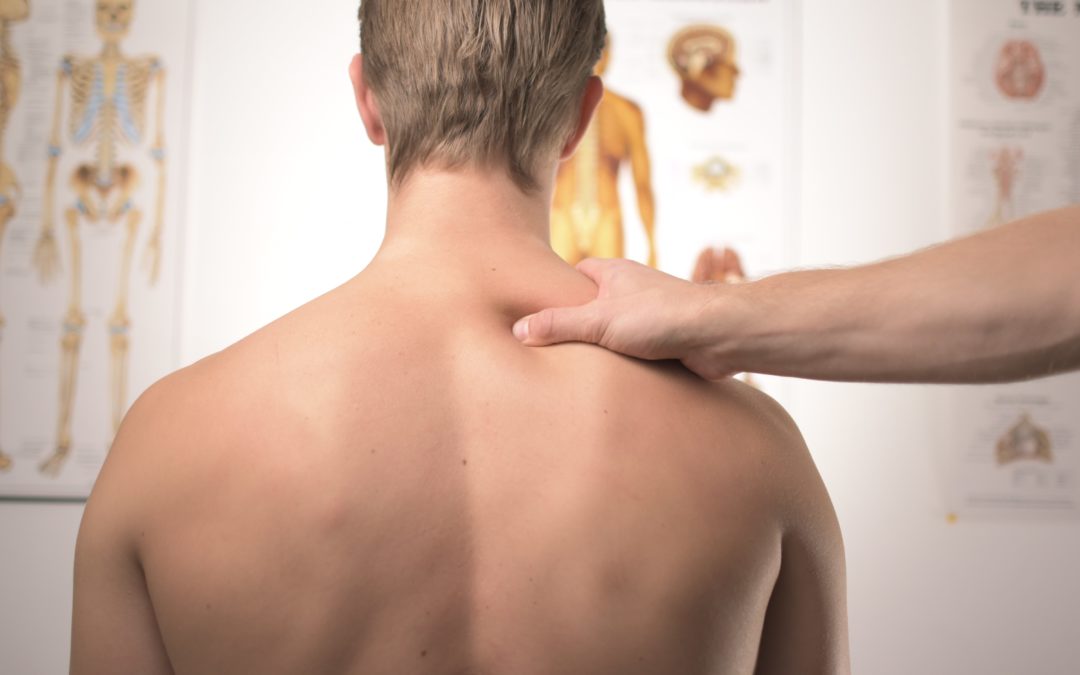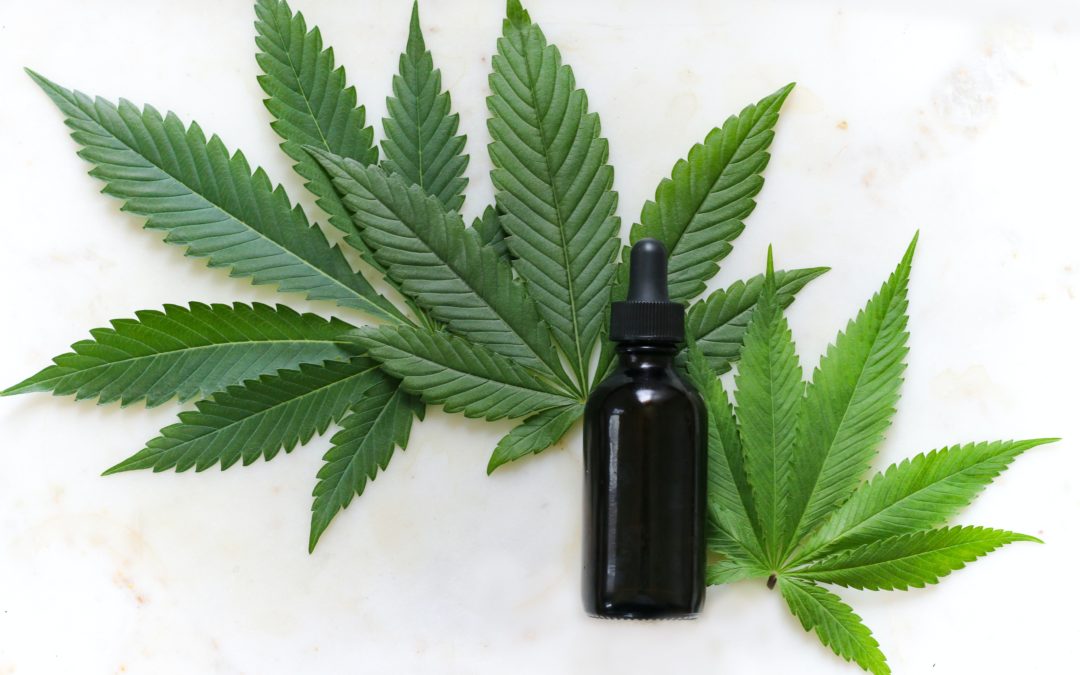
THC for Pain Relief: What We Know
What is Pain?
Pain and pain relief have been tied to human history for centuries. It hasn’t always been a harmonious union, and there have been failures along the way, but humans have continued to strive for a better way to manage their pain.
How do our bodies manage pain? By using the endocannabinoid system (ECS), a cell-signaling process in the human body that regulates different processes, including mood, appetite, and pain levels. This system is made up of molecules that are produced as needed, receptors that bind the molecules, and enzymes that break down the molecules once they are no longer needed. While experts are still researching how exactly THC interacts with the ECS system, it does suggest that THC has a beneficial effect on pain. Because THC doesn’t bind to the ECS receptors, it is believed this allows it to have more of an effect on the body, speeding up the process of homeostasis after pain is introduced [1].
THC for Chronic Pain
Arthritis Pain
In the United States, 23% of all adults have arthritis, a staggering statistic that means more than 54 million people struggle with this painful disease [2]. An inflammation of a single joint or several, arthritis can cause debilitating pain to its victims. It’s most commonly seen in people over the age of 65, but has been known to develop in people in any age group [3]. This means you will see questions related to arthritis in a very diverse group of people.
The customers approaching your company with arthritis are likely coming from more traditional types of treatment, some of those treatments may have troubling side effects making them less than desirable as a treatment for arthritis pain. Remind these customers that THC might offer an option for pain management without the dangerous side effects tied to prescription drugs.
Researchers have been studying the benefits of THC on arthritis pain and the results are positive. Their studies have shown that THC actually helps reduce inflammatory pain by changing the way pain receptors react to stimuli [4]. It also works to reduce joint inflammation and protect the nerves [5].
Back Pain
Lower back pain is the leading cause of disability around the world [6]. It is expected that 80% of the population will experience back pain at some point in the future [7]. With so many suffering from back pain, expect that your company will get questions about pain management and THC for back pain.
Hot and cold packs continue to be an effective treatment, but often the pain is more severe and medication is needed. Depending on the severity of the pain, this can be a dangerous world to wander into. Your customers may already know the dangers of opioids for pain, especially back pain, but there’s a chance they won’t know all the risks associated with them versus the benefits of using THC. Prescription opioids are addictive, and as many as 1 in 4 patients have reported struggling with prescription opioid addiction [8].
Instead of taking dangerous drugs, many patients are turning to THC for pain management. THC does not appear to have dangerous side effects and in clinical research has been effective at managing inflammatory pain [9]. Researchers have also discovered that combining THC with prescription pain medication may help cut down on the required drug dosage, risk of dependency, and harmful side effects from the prescription medication [10]. As always, remind your customers to check with their doctors before combining THC with any medications or starting any new treatment plan.
Neuropathic Pain
Chronic neuropathic pain comes from damaged nerves. The treatment for nerve pain is different than that for tissue pain. However THC could be a beneficial treatment option for both, including localized nerve trauma and widespread nerve damage [11].
Neuropathic pain is one of the most difficult to treat, so your customers might be especially frustrated by the time they reach out to you. It should relieve them to hear that research studies have revealed cannabis and THC to be effective for those patients who have not responded well to pharmaceutical treatments [12].
Cancer Pain
While there are some studies about how THC can actually help shrink cancerous melanoma [13], most cancer patients turn to THC to help manage the pain related to cancer and its treatment. Chemotherapy can cause vomiting, lack of appetite, and pain. These side effects all may be reduced or controlled by cannabinoids such as THC [14].
As with other types of treatment for pain, studies have found that THC may be used effectively alone or in combination with opioids to heighten their usefulness and reduce the required dosage needed to get the benefits [15]. Again, remind any customers looking to begin a new treatment plan or add THC to an existing plan to talk to their doctor first.
THC for Other Types of Pain
Sports Injury
Just as THC has been found to be effective at reducing chronic pain, it also may be effective in easing musculoskeletal pain from exercise [16]. Many people turn to anti-inflammatory drugs like Ibuprofen after a sports injury, but those drugs can have side effects such as renal damage and increased risk of heart attack and stroke after prolonged use [17]. THC has not been found to have those side effects and may be just as effective at easing pain related to sports injuries.
If your customers are athletes and concerned about how THC is perceived in the competitive field of athletics, you can remind them that the World Anti-Doping Agency (WADA) and the US Anti-Doping Agency (USADA) removed THC from their lists of prohibited substances in 2018.
Sore Muscles
Besides its anti-inflammatory benefits, it is believed THC’s analgesic effect makes it useful for sore or tired muscles. It may help relax the muscles to immediately ease discomfort. Added to the natural pain relief of THC products, many people say they feel relief in sore or overworked muscles [18].
Many athletes like to use THC before and after a workout, believing this helps ease their muscles into and out of anaerobic mode. Combined with proper stretching and massage, some notice a discernible difference in recovery [19].
Skin Conditions
Skin is the body’s largest organ and comes with the risk of pain. Almost 40 million people in the United States have some form of psoriasis or eczema [20] [21]. While incurable, there are treatments available to those who suffer. Because of its anti-inflammatory benefits and natural pain relief it offers, THC has become popular as an option for people who suffer from these painful skin conditions [22].
Your clients may also approach you with questions about acne and how THC can help. While most people think of acne as a cosmetic issue, it can actually be a very painful condition, especially if someone is suffering from cystic acne. Current research indicates that THC may help reduce the formation of sebum in sebaceous tissue, therefore reducing the likelihood of acne or the severity of an outbreak [23].
If your customers have a history of skin conditions, it’s likely they have been prescribed strong topical creams or steroids for treatment at some point. Neither of these are good long term solutions. Steroids have severe side effects, including hemorrhages, scars, and prematurely aged skin [24].
Is THC Right for You
Your customers know their bodies better than anyone else and know what is right for them. As a relatively new treatment still being researched, THC has been making excellent progress as an alternative treatment. It has offered relief to people who had previously given up hope or those who have histories or aversions to the often chaotic world of prescription drugs. THC may help your customers and their pain, and they will be thankful for any knowledge about THC you can pass on to them.
They may approach you nervous and excited about the possibility of THC, so treat each customer individually and listen to their questions and concerns. Find out which type of THC would be right for them. Some may prefer a tincture, while others might prefer to smoke or use a salve. If you have personal experience with a product, share it with them. They will be thankful for your honesty and insight.
Finally, you should always remind them to check with their doctor before taking THC.

